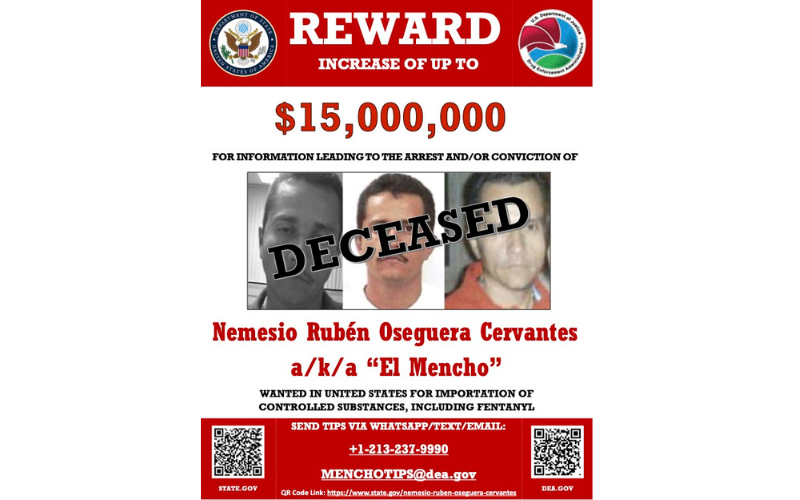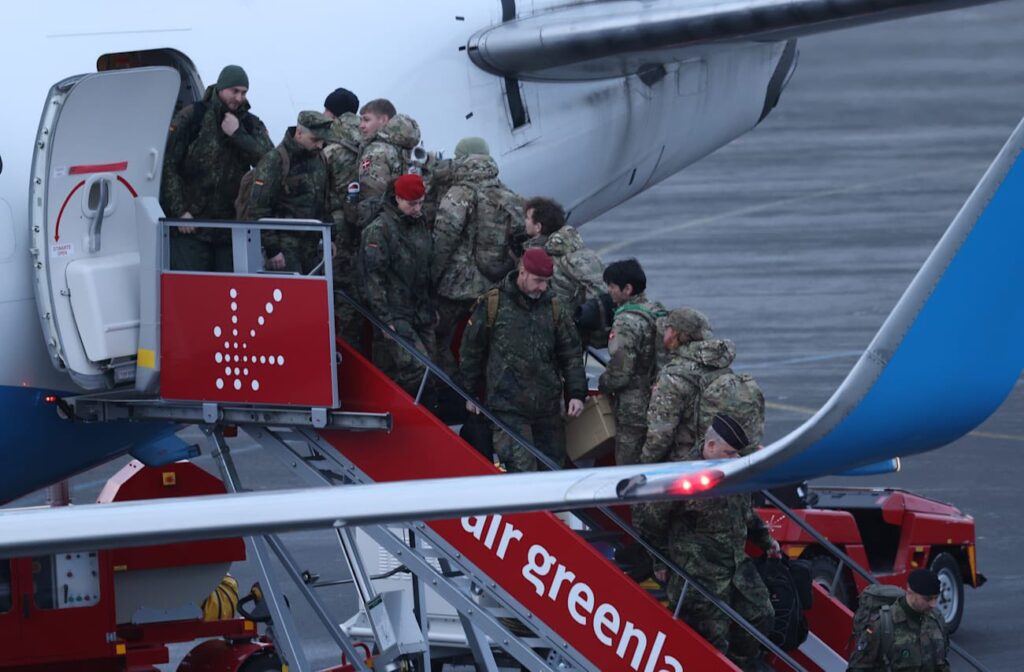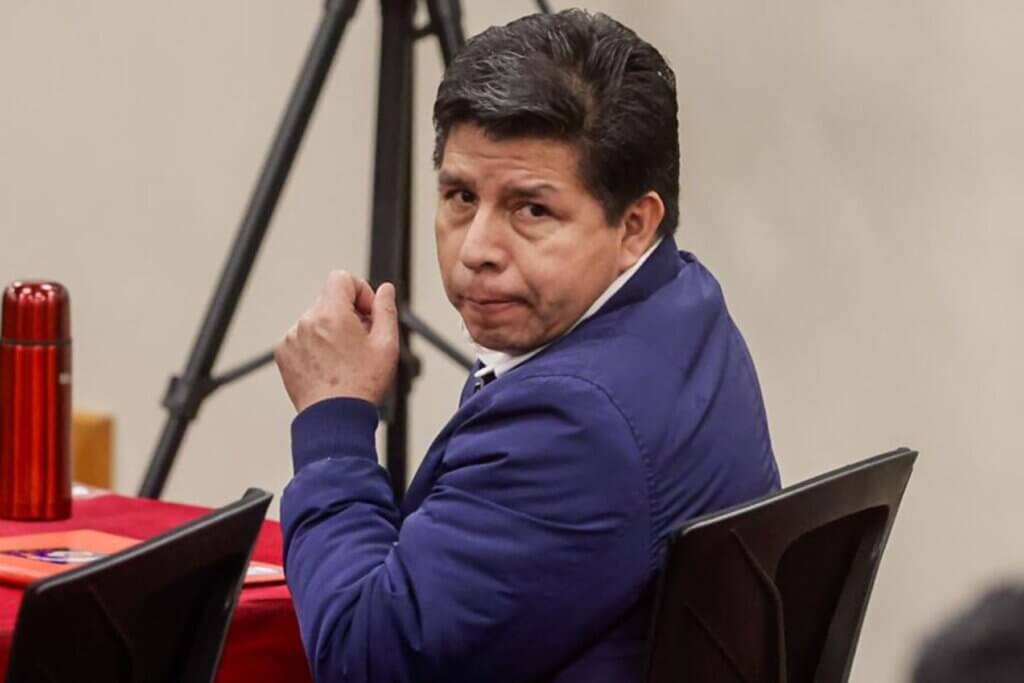Former president of Uruguay, José Mujica, has died aged 89.
Mujica, an ex-guerrilla who spent over 14 years in prison during the 1970s and 1980s, was known for his modest lifestyle.
Last year, he was diagnosed with esophageal cancer.
In the 1960s, Mujica co-founded the Marxist-Leninist Tupamaros National Liberation Movement (MLN-T). Inspired by the Cuban revolution, the MLN-T engaged in an armed struggle against the government. Initially, the group carried out crimes such as robbing banks and stealing from businesses, and distributing acquired goods to the poor. Its actions escalated towards the end of the decade, when the MLN-T began carrying out assaults, kidnappings, and executions.
Mujica has always maintained that he did not carry out any murders.
Prior to the military coup in 1973, Mujica had already been detained four times.
In 1970, he was shot by police six times. Mujica sustained injury to his pancreas, had to be operated on, and lost his spleen. He narrowly avoided death.
Twice he escaped from prison successfully. In September 1971, Mujica and 105 other Tupamaros escaped from Montevideo’s Punta Carretas prison by digging a tunnel. It was one of the largest prison breakouts in Uruguay’s history.
The same night that Mujica escaped from prison, he met his future wife: Lucía Topolansky. She too was a member of Tupamaros and had helped to occupy one of the houses into which Mujica and the other escapees would emerge from the tunnel.
When the military coup took place in June 1973, Mujica became one of nine hostages who the military threatened to kill if the guerrillas continued to carry out their attacks.
He remained in prison until March 1985, where he was tortured and repeatedly kept in solitary confinement: experiences which formed the basis for the Netflix film A Twelve-Year Night. While incarcerated, Mujica attempted to tame frogs living in the prison, fed mice, and learnt that “ants scream when you pick them up and put them on your eardrum.”
At the premiere for A Twelve-Year Night, he said of the ordeal: “We had to fight against madness, because in that kind of prison, the goal was to leave us mentally broken. And we won: we didn’t go mad.”
During their time in detention, Mujica and Topolansky exchanged just one letter. The rest of their communications were intercepted by prison guards, according to The New York Times.
On February 28, 1985, the dictatorship came to an end and the process of restoring democracy began.
Mujica was released on March 14, 1985, on the same day as Topolansky, and emerged with a serious bladder condition that resulted in him losing a kidney, according to Spanish newspaper El País.
He and Topolansky reunited soon after their release, and the couple got married in 2005.
Mujica soon entered the political arena and became a member of the left-wing Broad Front (Frente Amplio). Between 2005 and 2008, he was the Minister of Livestock, Agriculture, and Fisheries. He soon became a senator, and in 2009 began his presidential campaign, which was ultimately successful.
In 2010, Mujica took office, with Topolansky as his Vice President. As president, he oversaw the legalization of gay marriage, early-stage abortion, and marijuana sales.
He was known as the world’s “poorest president” for his humble lifestyle. Mujica refused to live in the presidential palace, instead living in a small farmhouse with a flower farm. He also donated 90% of his salary to charity. Despite receiving USD $12,500 a month, Mujica insisted that $1,250 was “more than enough,” according to Deutsche Welle. He was often seen driving around in a pale-blue VW Beetle from 1987, which he refused to sell even after he was offered $1 million for it.
Throughout his presidency, Mujica engaged in dialogue with right-wing opposition members, inviting them to barbecues at his home. He previously said: “We can’t pretend to agree on anything. We have to agree with what there is, not with what we like,” according to The Independent.
The constitution prevents presidents from having two consecutive terms in power, but he remained a senator from 2015-2020.
Mujica’s death has been mourned by several Latin American politicians, including left-wing Brazilian president Luiz Inácio “Lula” da Silva, with whom he had a close relationship. Lula wrote on X: “His life was an example that political struggle and kindness can go hand in hand.”
The statement continued: “The wisdom of his words formed a true song of unity and fraternity for Latin America. And his way of understanding and explaining the challenges of today’s world will continue to guide the social and political movements that seek to build a more egalitarian society.”
Left-wing Mexican president Claudia Sheinbaum described Mujica as “an example to Latin America and the entire world for his wisdom, foresight, and simplicity.”
Meanwhile, Chilean president Gabriel Boric wrote: “Dear Pepe, I imagine you leaving worried about the bitterness in the world today. But if you left us anything, it was the unquenchable hope that things can be done better.” He added: “You’re leaving physically, but you’re staying forever. I promise you that the olive tree we planted in February on your farm will flourish.”
Following his esophageal cancer diagnosis, Mujica made a number of public appearances. In June, he went viral for dancing at a Broad Front rally. However, as the cancer spread and his body continued to fight two chronic illnesses, the former president became increasingly open about the fact he was nearing the end of his life.
In January, he told Uruguayan publication Búsqueda: “What I ask is that you leave me alone. Don’t ask me for any more interviews or anything else. My time is up. Honestly, I’m dying. A warrior has the right to rest.”
Mujica, who is survived by his wife, has requested that he be buried on his farm, under a tree he planted. He will be buried next to his dog Manuela, who died in 2018.
Featured image credit:
Image: José Mujica
Photographer: Protoplasma K via Flickr
Source: https://www.flickr.com/photos/65650720@N02/29849808443
License: https://creativecommons.org/licenses/by-sa/2.0/











